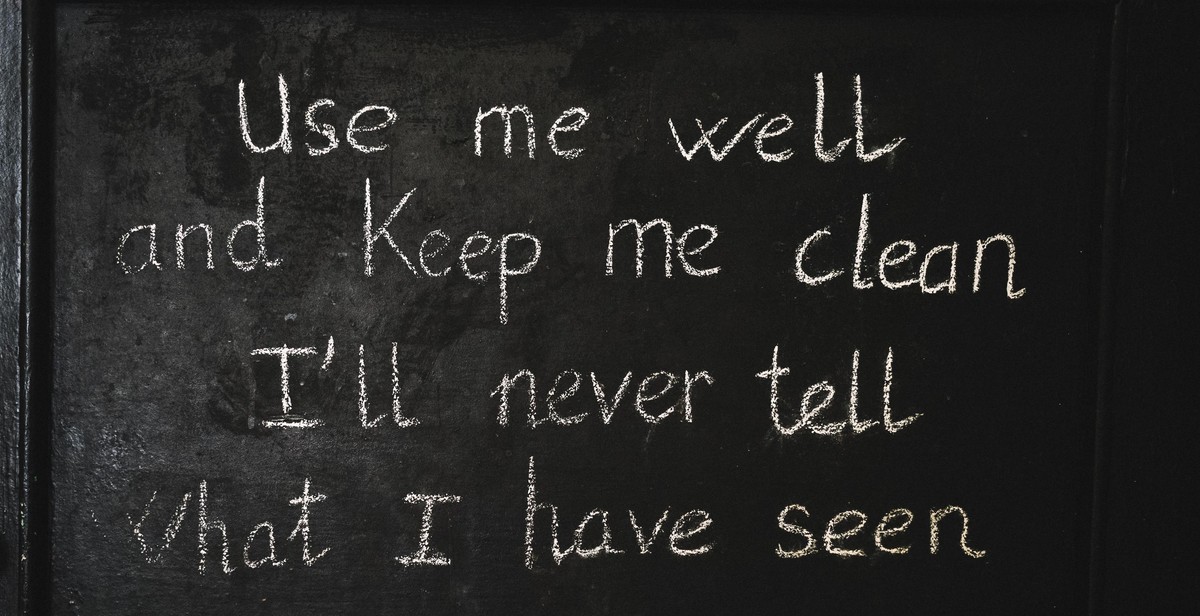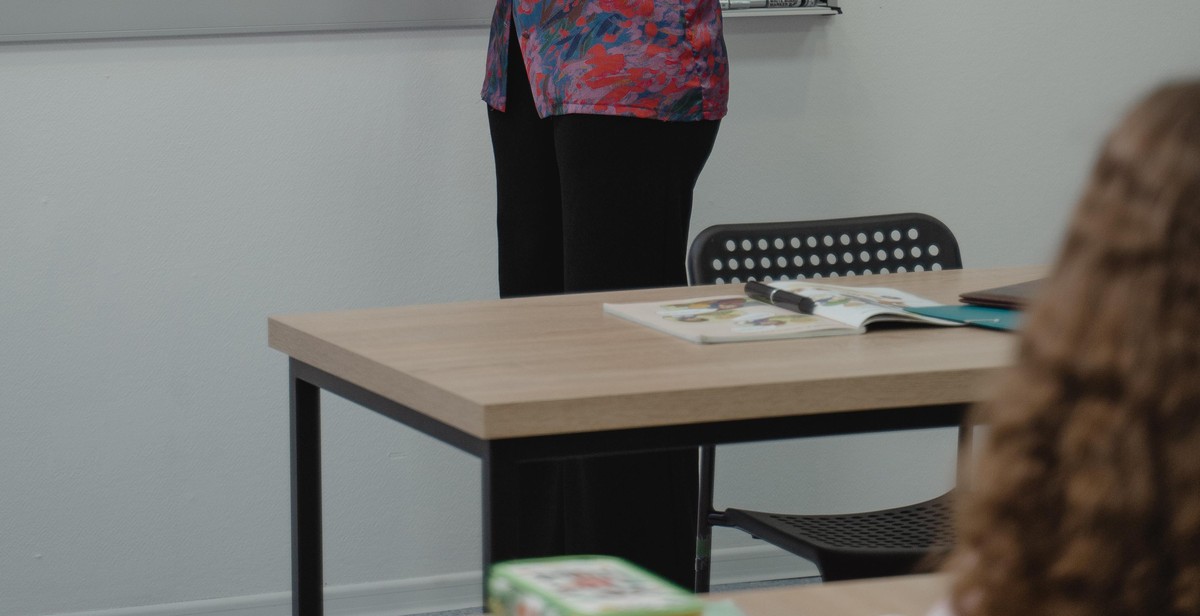How to Learn Basic Conversational Skills in a New Language: Essential Phrases and Expressions
Learning a new language can be an exciting and challenging experience. However, it can also be intimidating, especially if you are not familiar with the language. One of the most important aspects of learning a new language is being able to hold a basic conversation. Conversational skills are essential for day-to-day interactions, whether you are traveling, studying abroad, or communicating with someone from a different culture.
In this article, I will share with you some essential phrases and expressions that will help you learn basic conversational skills in a new language. These phrases and expressions are easy to learn and can be used in various situations. Whether you are a beginner or an intermediate learner, these tips will help you improve your conversational skills and gain more confidence in speaking a new language.
Why Conversational Skills are Important
Conversational skills are essential for effective communication in any language. They help you express yourself, understand others, and build relationships. When you can hold a basic conversation in a new language, you can:
- Make new friends
- Connect with locals
- Order food and drinks
- Ask for directions
- Shop for basic necessities
Learning basic conversational skills is the foundation for any language learning journey. It helps you build a strong base that you can later expand upon as you become more proficient.

Why Learn Basic Conversational Skills?
If you are planning to learn a new language, it is essential to start by learning basic conversational skills. These skills will help you communicate effectively with native speakers and understand the culture and customs of the people who speak the language. There are several reasons why learning basic conversational skills is important:
Personal Growth and Development
Learning a new language is an excellent way to improve your personal growth and development. It helps to expand your horizons and broaden your perspective of the world. When you learn a new language, you open yourself up to new experiences and opportunities. You will also gain a deeper appreciation of different cultures and customs, which can help you become more tolerant and understanding of others.
Travel and Cultural Immersion
If you plan to travel to a foreign country, learning basic conversational skills in the local language can be incredibly helpful. It will allow you to navigate your way around the country more easily and communicate with locals. You will also be able to immerse yourself in the local culture and gain a deeper understanding of the people and their way of life.
Professional Advancement
Learning a new language can also be beneficial for your professional advancement. In today’s global economy, many companies are looking for employees who can speak multiple languages. If you are bilingual or multilingual, you may have a competitive advantage in the job market. Additionally, if you work in a field that requires you to interact with people from different countries, knowing basic conversational skills in their language can help you build stronger relationships and communicate more effectively.
Overall, learning basic conversational skills in a new language is essential for personal growth, cultural immersion, and professional advancement. It can open up new opportunities and help you connect with people from different backgrounds. So, if you are planning to learn a new language, start by mastering the essential phrases and expressions for basic conversational skills.

Essential Phrases and Expressions for Learning Basic Conversational Skills in a New Language
Learning a new language can be exciting, but it can also be overwhelming, especially when you’re starting from scratch. One of the best ways to make progress quickly is to focus on learning essential phrases and expressions that you’ll use frequently in everyday conversation. Here are some of the most important phrases and expressions to get you started:
Greetings and Introductions
- Hello/Hi – Salut/ Bonjour/ Hola/ Hallo
- How are you? – Comment ça va?/ Comment allez-vous?/ ¿Cómo estás?/ Wie geht es dir?
- My name is… – Je m’appelle…/ Mon nom est…/ Me llamo…/ Mein Name ist…
- Nice to meet you – Enchanté(e)/ Ravi(e) de vous rencontrer/ Mucho gusto/ Schön, Sie kennenzulernen
Asking for Directions
- Excuse me, where is…? – Excusez-moi, où est…?/ Excusez-moi, où se trouve…?/ Disculpe, dónde está…?/ Entschuldigung, wo ist…?
- How do I get to…? – Comment puis-je aller à…?/ Comment puis-je me rendre à…?/ ¿Cómo llego a…?/ Wie komme ich zu…?
- Is it far? – Est-ce loin?/ C’est loin?/ ¿Está lejos?/ Ist es weit?
Ordering Food and Drinks
- I would like… – Je voudrais…/ Je prends…/ Quisiera…/ Ich möchte…
- What do you recommend? – Qu’est-ce que vous recommandez?/ Que me conseillez-vous?/ ¿Qué recomienda?/ Was empfehlen Sie?
- Could I have the bill, please? – L’addition, s’il vous plaît/ L’addition, s’il te plaît/ ¿Me trae la cuenta, por favor?/ Die Rechnung, bitte
Making Small Talk
- Where are you from? – D’où viens-tu?/ D’où êtes-vous?/ ¿De dónde eres?/ Woher kommst du?
- What do you do? – Qu’est-ce que tu fais?/ Que faites-vous?/ ¿A qué te dedicas?/ Was machst du beruflich?
- Do you have any hobbies? – As-tu des hobbies?/ Avez-vous des hobbies?/ ¿Tienes algún hobby?/ Hast du Hobbys?
Expressing Gratitude and Apologies
- Thank you – Merci/ Gracias/ Danke
- You’re welcome – De rien/ Bienvenido/ Bitte schön
- I’m sorry – Je suis désolé(e)/ Pardon/ Lo siento/ Es tut mir leid
- No problem – Pas de problème/ No hay problema/ Kein Problem

Tips for Learning Basic Conversational Skills
Learning a new language can be a daunting task, especially when it comes to developing basic conversational skills. However, with the right approach and mindset, anyone can learn to communicate effectively in a new language. Here are some tips to help you get started:
Consistency is Key
One of the most important factors in learning a new language is consistency. It’s better to practice for a short amount of time every day than to cram for hours once a week. Make a plan to practice your conversational skills for a set amount of time each day, and stick to it. Consistency will help build your language skills over time.
Immerse Yourself in the Language
Immersing yourself in the language you’re learning is a great way to accelerate your progress. Surround yourself with the language as much as possible. Listen to music or podcasts in the language, watch TV shows or movies with subtitles, and try to read books or articles in the language. The more you immerse yourself in the language, the more natural it will become to you.
Practice with a Partner or Tutor
Practicing with a partner or tutor is a great way to improve your conversational skills. Find someone who speaks the language fluently and practice speaking with them regularly. They can help correct your mistakes and give you feedback on your progress. If you don’t have access to a tutor, there are many online language exchange programs that can connect you with native speakers.
Use Language Learning Apps and Resources
There are many language learning apps and resources available that can help you improve your conversational skills. Apps like Duolingo and Babbel offer interactive lessons and exercises that can help you practice speaking and listening. You can also find language learning resources online, such as grammar guides, vocabulary lists, and conversation prompts.
By following these tips and staying committed to your language learning goals, you can develop basic conversational skills in a new language. Remember to be patient with yourself and celebrate your progress along the way.

Conclusion
Learning basic conversational skills in a new language can be challenging, but it is also incredibly rewarding. By taking the time to learn a few essential phrases and expressions, you can quickly start communicating with native speakers and gain a deeper understanding of their culture and way of life.
Remember, practice makes perfect when it comes to language learning. Don’t be afraid to make mistakes, and keep practicing until you feel confident in your abilities. Utilize language learning resources such as apps, textbooks, and online courses to supplement your learning experience.
Additionally, immersing yourself in the language and culture can greatly accelerate your progress. Consider traveling to a country where your target language is spoken or finding a language exchange partner to practice with.
Overall, learning a new language is a valuable and enriching experience that can open up a world of opportunities. With dedication and persistence, anyone can master the basics of conversational skills in a new language.
| Tags: | language learning, conversational skills, essential phrases, expressions |
| Word Count: | 195 |
